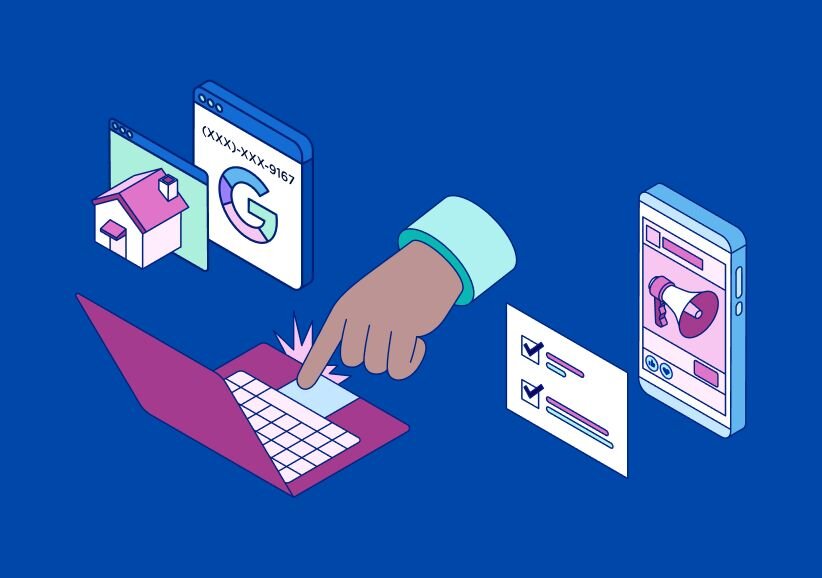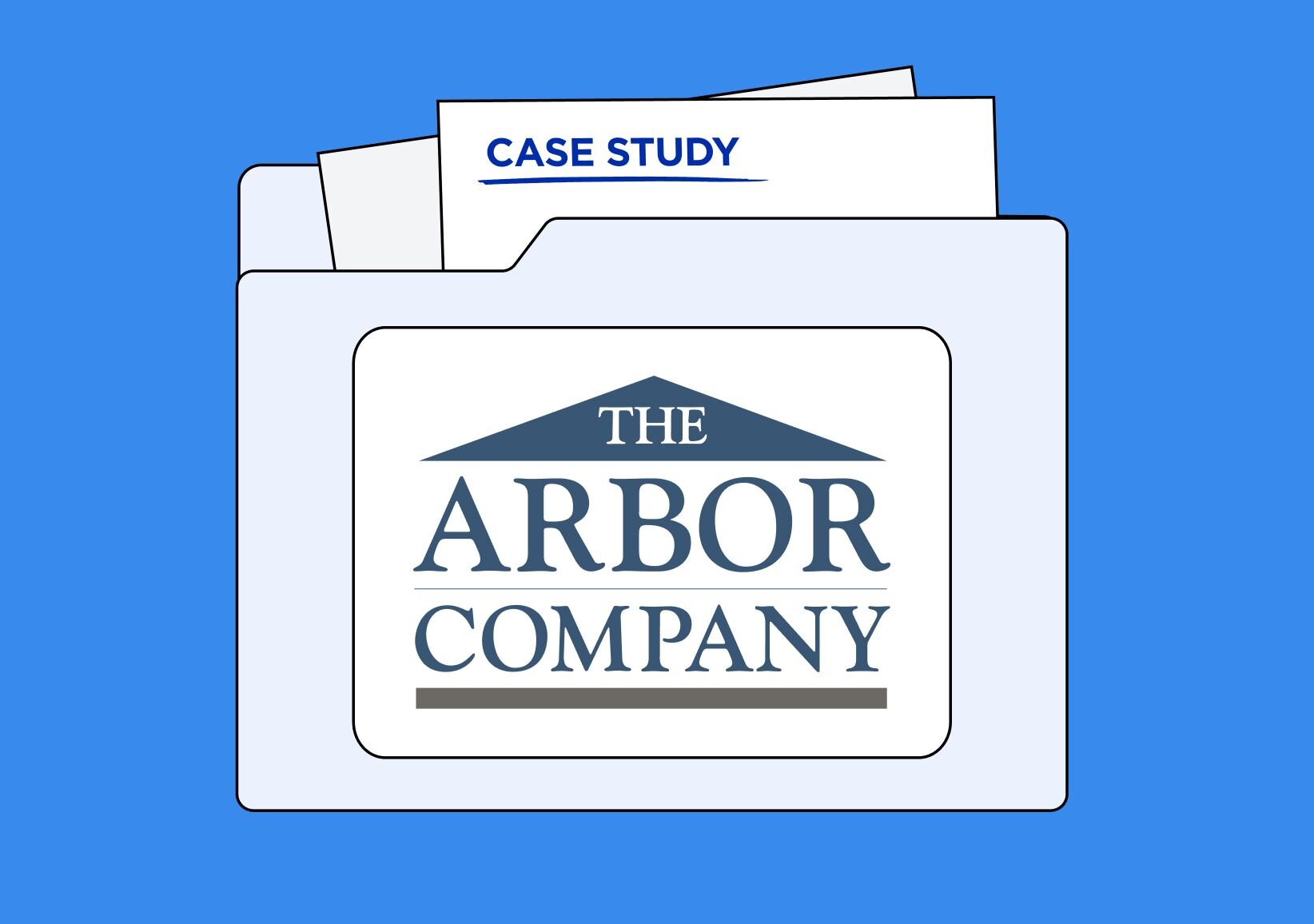The modern world may emphasize digital communication, but today's consumers still find value in face-to-face interactions. Whether this occurs in person or via videoconferencing, these close connections help us develop and maintain the sense of belonging we crave.
Therein lies the value of events, which turn ordinary interactions into special occasions. These allow us to make memories as we take on a much-needed spirit of community.
In the small business sphere, events provide the ultimate solution for building brand awareness and scoring loyal customers. A carefully planned and executed event can tell a story about who you are, why your brand matters, and how customers can get involved in your welcoming community.
A successful event transforms ordinary customers into full-on ambassadors who will exude enthusiasm as they continue to interact with your brand. To achieve this end, however, it's crucial to understand your target audience. What motivates your followers? What will stand out from your competitors?
It’s not hard to get started. Below, we offer a variety of small business event tips to help you plan a memorable occasion.
Marketing your event
Event attendance is crucial for obvious reasons, but not just any visitors will do. Ideally, your event will attract target customers who are likely to convert. Why waste your valuable resources on those who, despite attending your event, are unlikely to engage with your brand long-term? Consider the following options for getting the word out:
Social media
A successful event marketing campaign begins with a strategic push on social media. Your approach may vary based on your platform of choice. Many brands focus on official Facebook events that outline dates, locations, and other specifics. Social media marketing efforts could also include Instagram posts, LinkedIn articles, or landing page links on Twitter.
Videos
Whether shared on social media, sent via email, or featured on a website landing page, videos set the tone for events. An ideal video will make viewers feel excited about — and motivated by — your brand.
Influencers
There's only so much you can accomplish by marketing your event on your own. Look to influencers to get the word out to a wider audience. In addition to sharing the details on social media, they could even serve as the face of the event by showing up in person and posting updates on Instagram or Facebook. This will provide a powerful reminder for those who've considered attending one of your events but have yet to follow through.
Direct mail
Despite the proliferation of social media marketing, direct mail retains value for locally-oriented marketing events. Consumers who are inundated with marketing emails and social media updates are more likely to respond to curated, high-end mailings personalized to make them feel special. For a hybrid approach, integrate mail with technology by including QR codes on postcards or flyers.
Tips for producing a memorable small business event
No matter how they're marketed, small business events should demonstrate that you genuinely care about your customers. This means planning a targeted occasion that fits your followers' interests. Small details also matter, as they highlight a level of care that your customers will appreciate.
Develop a communal experience
Followers connect most with brands that make them feel like a valued member of the community. This concept sets companies such as Love Your Melon and Patagonia apart, but it can be even more successfully applied at the small business level.
Communal experiences may involve playing games or participating in group discussions. Guests might initially seem reluctant to engage with one another, but many will ultimately recognize the value of building genuine relationships with those who share similar interests.
Take advantage of videoconferencing
From social distancing to far-away customers, a variety of circumstances might limit your ability to hold regular in-person events. Thankfully, technology can bridge the gap. Videoconferencing apps such as Zoom offer a great digital venue for connecting with both current and future customers.
Many community-oriented events can be adapted for a virtual audience. From webinars to trivia and even happy hour, the right events will help consumers feel more connected to your brand—and to one another.
Another option is to get influencers involved in Zoom meet-and-greets. Likewise, live broadcasts on Facebook and Instagram allow you to inform or entertain consumers as you build your status as an industry authority.
Team up
Cross-promotion can help you cut costs while expanding your audience. Ideally, this will involve non-competing local businesses that also cater to your preferred demographic.
For example, an independent bookstore could team up with a coffee roasting company to throw a book signing or discussion event. Attendees would enjoy hot beverages while bonding over their love of reading. No matter the focus, you can amp up the collaboration by taking advantage of special occasions such as Small Business Saturday.
Integrate charitable efforts
Today's consumers respond well to purpose-driven businesses. Your commitment to making a difference in the community should be evident based on your everyday business practices, but you can underscore this by hosting a charity-focused event. Commit to donating a portion of event proceeds to a charitable organization that shares your company's vision.
Charitable event marketing provides a valuable opportunity for cross-promotion. The organization you support can provide a shout-out on social media or some other form of recognition.
If you work with a charity that your customers favor, they'll remember your commitment in the future. They'll also come away with the satisfaction of knowing that they've supported a good cause.
Level up your swag
Customers love freebies, but there's only so many pens, drawstring bags, or koozies they're willing to take on. Ideally, branded items will offer some purpose beyond carrying your company's logo.
Consider which items your target customers use most on a daily basis and how you can supply them. An outdoor recreation retailer, for example, could provide branded carabiner clips while a cosmetics store might feature its logo on brushes or cute makeup storage bags.
Another option is to provide nicer swag that attendees can only score if they put in some effort. This provides a perfect opportunity for teaching customers about your brand. Host a scavenger hunt within your store or a trivia night with merchandise as prizes. Don't forget to include swag with virtual occasions as well to increase participation throughout the duration of the event.
Focus on food
When all else fails, food can deliver an impressive showing at your company picnic or other small business event. Not just any treat will do, however. Selections should cater to regional preferences while also taking the demographics of your target audience into account.
Consider how food choice can play into the overarching theme. Do the provided snacks and beverages fit the decor and entertainment? If not, they should hold some clear purpose to create a cohesive feel.
Culinary event planning should also take anticipated attendance into account. Visitors will be understandably disappointed if you advertise treats that run out before they can enjoy them.
When to seek help with your small business event
Small business owners are accustomed to taking charge. If you're like most entrepreneurs, you pride yourself on your independent streak. You can execute a variety of tasks on your own — why should event planning or marketing be any different?
As you begin to prepare for your next big occasion, you may realize that far more goes into the process than you expected. If you're determined to extract the best possible ROI from your event, you'll need to perfect every detail. This requires a great deal of time and attention — essentials that, as a busy entrepreneur, you may be short on.
Thankfully, there's no need to go it alone. With the right resources in your corner, you can plan, promote, and execute an event that meets your most ambitious goals.
Consider seeking assistance from a party planning business or software solution if you observe the following: You're not sure which type of event will appeal most to your brand's customer base.
- You struggle to keep scheduling and other essentials organized.
- You'd like to experiment with virtual events but find the technological aspects of this approach confusing.
- You've failed to attract attendees through conventional marketing practices.
- You need a more effective solution for getting attendees registered — and for collecting contact information for future use.
- Your social media marketing strategy lacks direction.
- You need help tracking metrics and determining event ROI.
As you move forward with the event planning process, consider investing in collaborative event management software. This will keep you organized every step of the way. A comprehensive solution can handle everything from registration and scheduling to attendance and even marketing.
Analytics also warrant attention from an outside expert. Digital efforts make it easy to analyze results for virtual campaigns, but this can be trickier with event marketing. Call tracking software provides a powerful solution capable of determining which marketing approaches deliver the best ROI—and which fall short.
To learn more about the role of call tracking in assessing marketing campaigns, check out our e-book Call Tracking 101.











